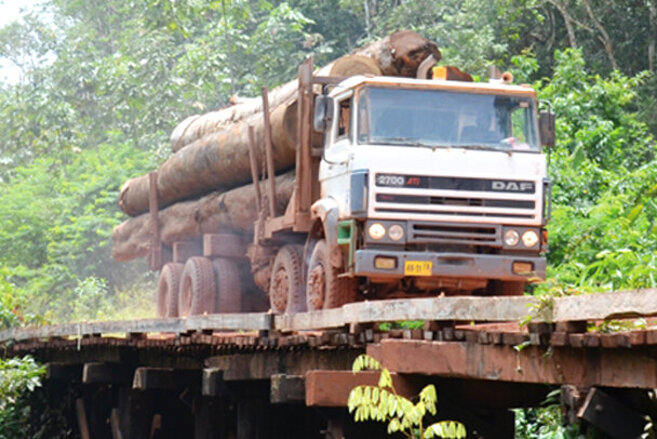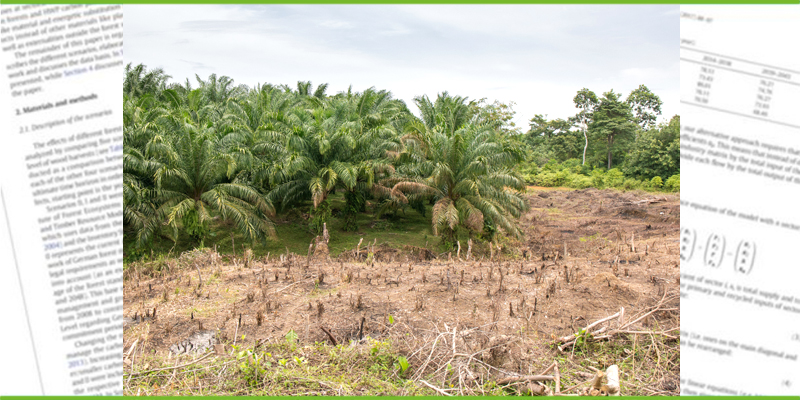These negative impacts could comprise exclusion of smallholders and IPLCs from high-value supply chains of commodities covered by the regulation, inadequate price premiums to cover the costs of complying with this regulation, increase the risk of land conflicts between large-scale and small-scale agriculture, push smallholders and IPLCs to marginal lands, and even exacerbate human rights risks already associated with large-scale commodity production. The authors propose several suggestions that could help avoid or minimize such impacts.
- Zhunusova E, Ahimbisibwe V, Sen LTH, Sadeghi A, Toledo-Aceves T, Kabwe G, Günter S (2022) Potential impacts of the proposed EU regulation on deforestation-free supply chains on smallholders, indigenous peoples, and local communities in producer countries outside the EU. Forest Pol Econ 143:102817, DOI:10.1016/j.forpol.2022.102817









